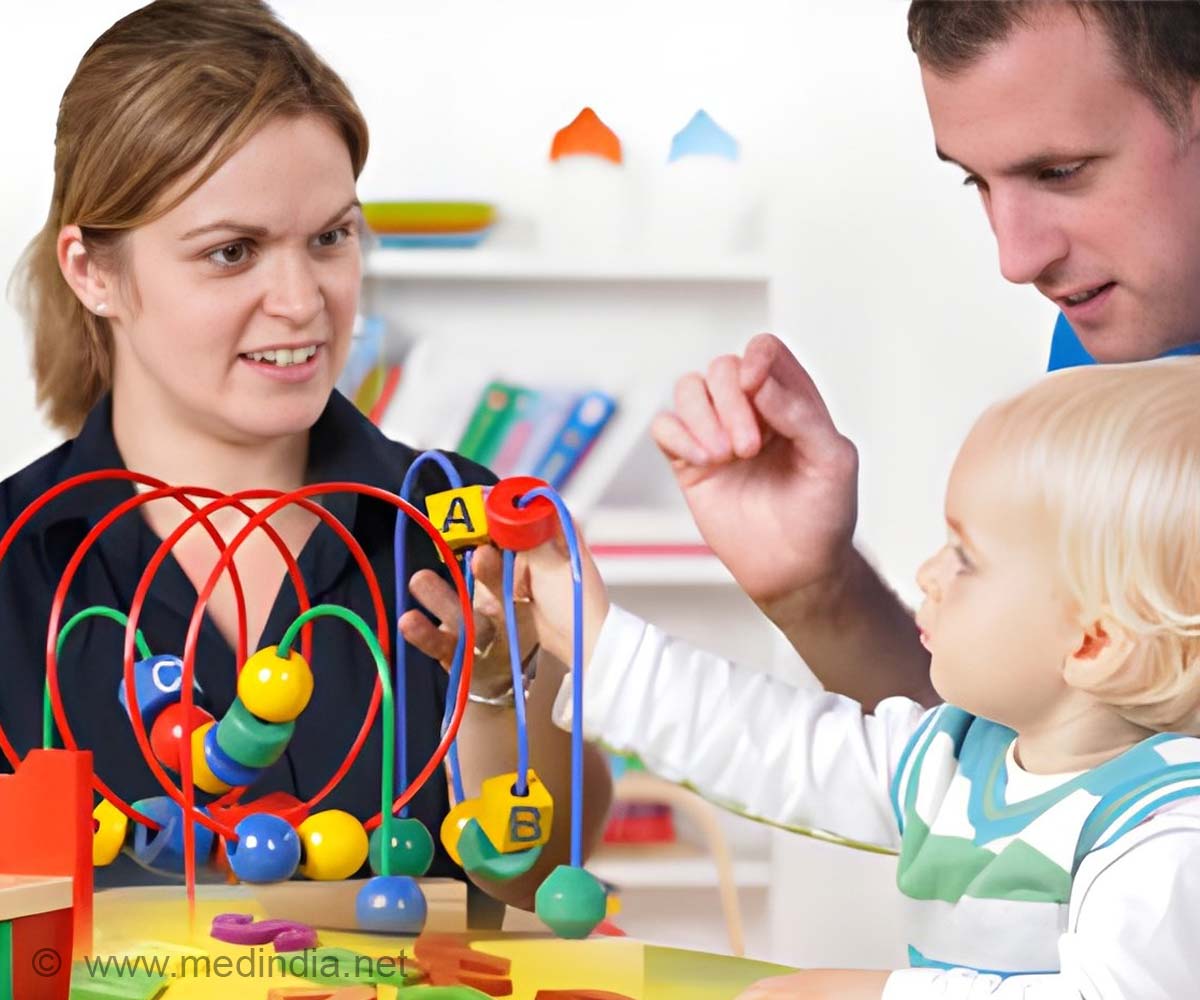Discover how adaptive parenting techniques can influence the trajectory of ADHD symptoms in children with exuberant temperaments.

The Developmental Unfolding of ADHD Symptoms from Early Childhood Through Adolescence: Early Effects of Exuberant Temperament, Parenting and Executive Functioning
Go to source).
Temperament & Parenting: Shaping ADHD Outcomes in Children
Developmental psychologists know that temperament, parenting, and the brain’s executive functions are interconnected factors in developing ADHD symptoms throughout childhood. But, the study found specific factors that predict a higher chance of ADHD symptoms, pointing to the importance of early targeted intervention. “A collection of early traits we call exuberance in child temperament, such as high excitement, curiosity and positive responses to unfamiliar people and contexts, combined with family factors might predispose some kids to develop ADHD symptoms,” said Dr. Heather Henderson, professor in developmental psychology at Waterloo and a co-author of the study.‘Parenting styles can mitigate ADHD development in exuberant children through early, targeted intervention. #parenting #ADHD #childhealth #medindia
’





“This work demonstrates that parents can help break down the pathways that lead to ADHD through more directive and engaged parenting behaviors, such as guiding the child with verbal and physical cues as they encounter new situations.” While exuberance in pre-schoolers can be very positive, research shows exuberant children can also have difficulty with self-regulation and executive functions, such as working memory and flexible thinking.
Following 291 children from just four months of age to 15 years, the researchers observed child temperament and parent-child interactions at three years, assessed the child’s executive functioning at four years, and analyzed parent-reported ADHD symptoms six times between ages five and 15. The study determined that temperament and parenting work together to impact a child’s developing executive functions.
The findings suggest that ADHD symptoms increase throughout childhood when a child shows early exuberant temperament, low to normal executive functions, and receives less directive and engaged parenting as the young child navigates new situations.
“Symptoms of ADHD typically stabilize from ages five to nine and decrease from ages nine to 15. But for predictable cases of very young children with exuberant temperament and less directive parenting, that stabilization may not occur,” Henderson said.
Advertisement
Reference:
- The Developmental Unfolding of ADHD Symptoms from Early Childhood Through Adolescence: Early Effects of Exuberant Temperament, Parenting and Executive Functioning - (https://link.springer.com/article/10.1007/s10802-023-01140-2)















